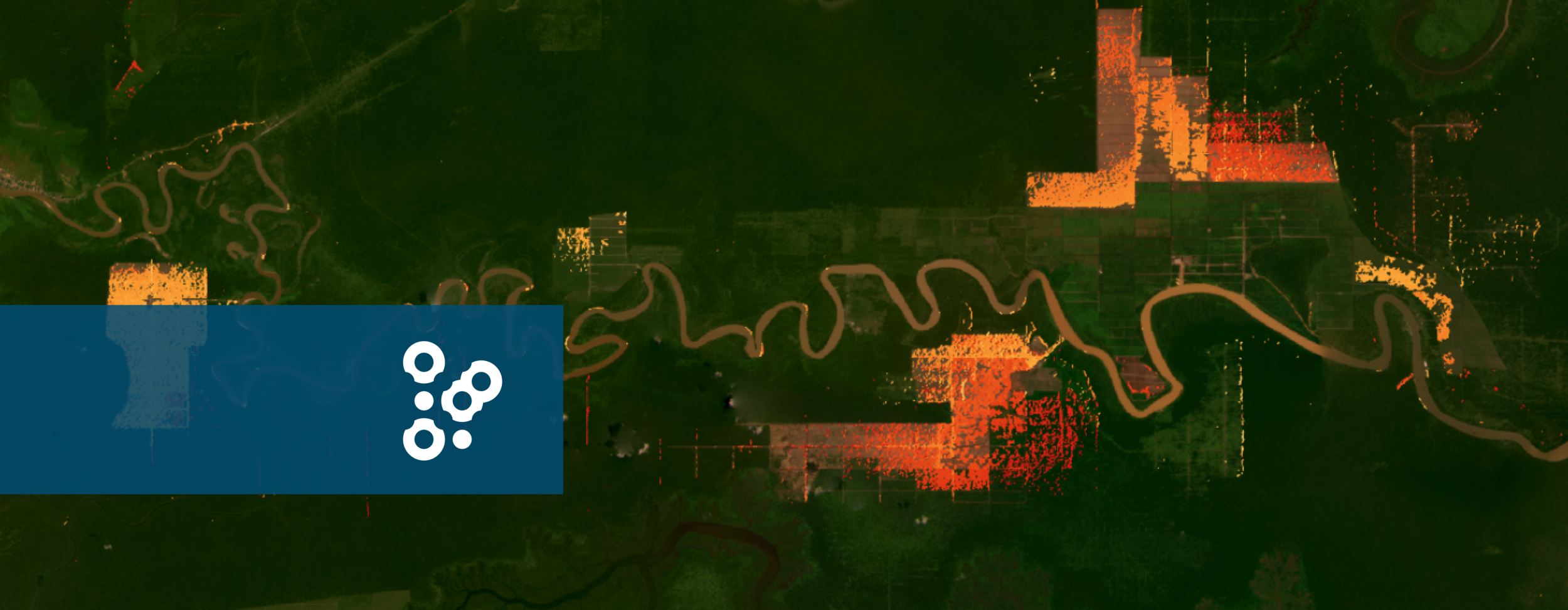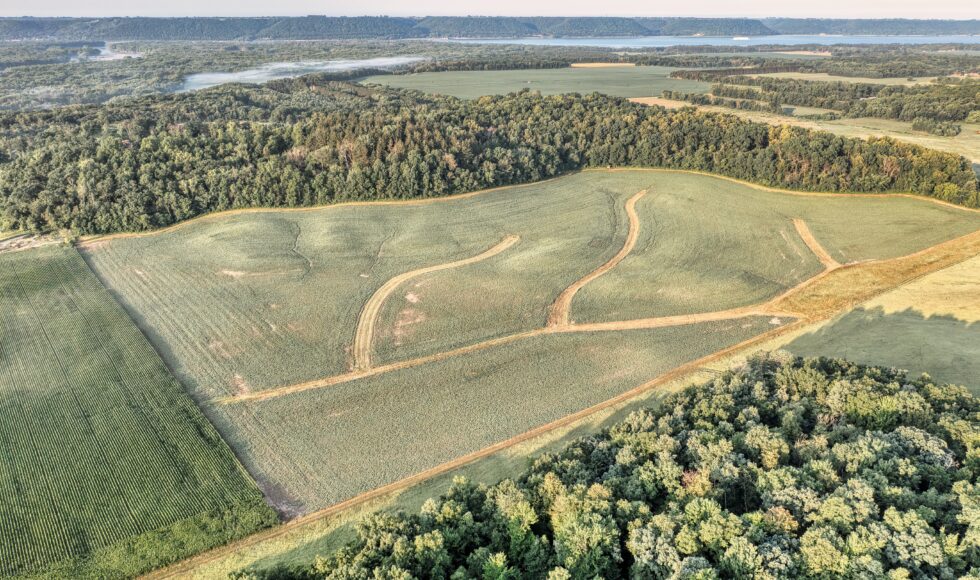We are proud to present RADD alerts now covering South East Asia and African countries.
Radd alerts are the result of our cooperation with Wageningen University and World Resources Institute, spearheaded by accomplished radar scientist Johannes Reiche.
The RADD alert system is capable of achieving much finer forest disturbance detail and is able to do so several weeks earlier than optical-based systems.
It is also the first radar-based monitoring system of this scale to make forest disturbance alerts publicly available.
We believe that building on scientific methods like this is the way to achieve industry-wide transparency and consensus, which is crucial as tackling deforestation is a collective undertaking.
Applauding the palm oil sector for kickstarting this amazing effort, we see similar initiative in cocoa, rubber, soy and beef sectors.

Next challenge is to enable acting on deforestation.
Combining the basic RADD disturbance alerts with advanced analysis enables specific actionable questions to be answered:
- What is deforestation and what isn’t?
- What is legal or illegal?
- What are the causes (drivers)?
- Who do we contact to mitigate problems?
- What happens to all forest and plantations outside of the scope of this public RADD coverage?
- What happened before 2019?
What are the questions you would like to get answered?
If you are looking to get the most out of these developments, we would be happy to help.
Read more about RADD project here and the press release here.
